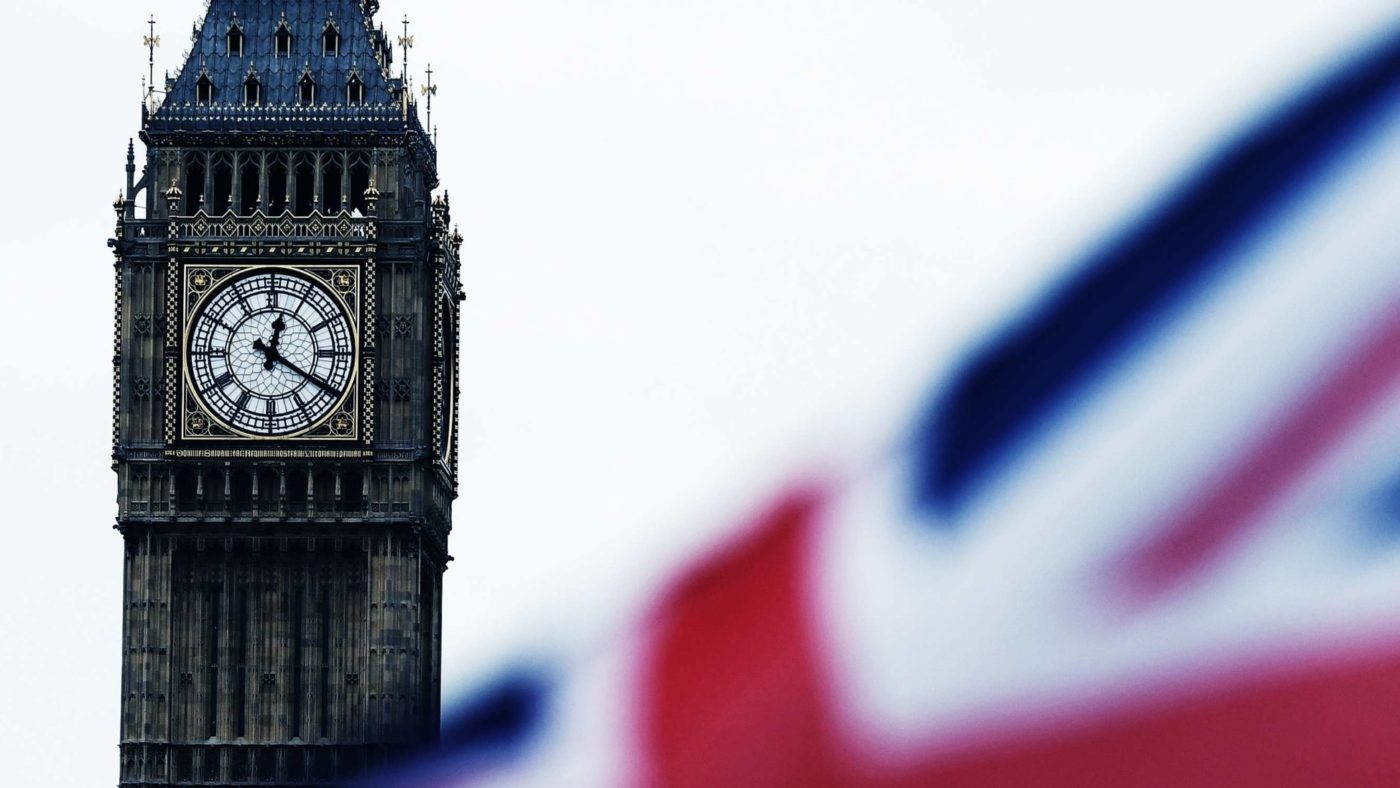In 1951, the American writer and public opinion analyst Samuel Lubell described what he called the ‘political solar system’. Lubell argued that there is always a sun party (the majority party) and a moon party (the minority party). The sun party drives the agenda while the moon party ‘shines in reflected radiance of the heat thus generated’.
Historically, this has been as true of Britain as it has been of America. But who is the sun and who is the moon in Westminster? Who is generating the light? And who is merely reflecting it?
It’s been said by some (and not just on the Left) that it is Jeremy Corbyn’s Labour Party that is making the running – that the reds are on the attack and the blues are on the defence.
It is a superficially convincing argument, but it doesn’t stand up.
Labour’s agenda is little more than undoing the work of the Conservatives since 2010 – or, in Corbyn and McDonnell’s cases, since 1979. But if your approach to policy formulation is to put ‘scrap’ or ‘abolish’ in front of whatever your opponent comes up with, are you really in the political driving seat?
Speaking at the launch of the Centre for Policy Studies’ new policy programme on Monday, the Prime Minister made the case that while Labour is generating much heat but little light, “the centre-right is where we are going to see the ideas for the future of this country”.
This week the CPS published Make Work Pay, in which its head of tax Tom Clougherty calls for two important principles to be enshrined in Britain’s tax system: that everyone should be entitled to keep the first £1,000 they earn each month, clear of both income tax and National Insurance – a ‘universal working income’ that the government will not touch; and that you should always take home at least 51p of every extra pound you earn. (The paper’s proposals were laid out at greater length on CapX by Jethro Elsden.)
At this point, I should declare an interest: CapX is a Centre for Policy Studies initiative. But that doesn’t make my colleagues’ thinking any less interesting.
The bigger message behind Tom’s paper, as well the CPS’s work on housing, welfare and small business, is one of empowerment. ‘Take back control’ was the animating principle behind the Brexit vote. But it shouldn’t just mean returning law-making powers from Brussels to Westminster. It must also mean giving the British people control over their own lives.
These ideas are conservatism at its best. They also, as the polling and focus groups that accompany the CPS research make clear, happen to be extremely popular.
While the Labour Party is in thrall to ideas that have failed whenever and wherever they have been tried, the centre-right is, as Theresa May says, fizzing with interesting thoughts.
The era of austerity is over. Britain is nearing the end of the all-consuming phase of the Brexit process. The country is on the brink of a new political age. And if the Conservatives want to be that era’s sun party – generating the light, not just reflecting it – then they cannot afford to ignore the new ideas bubbling up on the centre-right.


